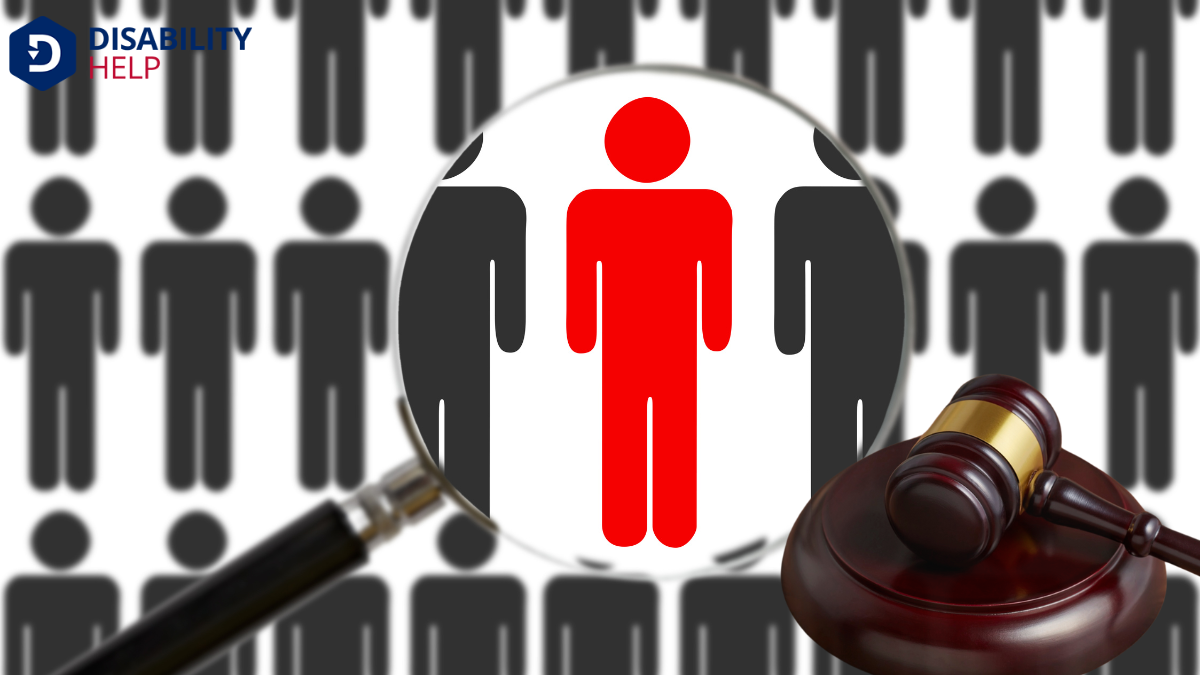Switching lawyers mid-case can feel intimidating, but it's often possible if we are feeling dissatisfied with our current legal representationThe way people with disabilities are depicted in media, culture, and politics, often influencing pub.... It's essential we comprehend our rights and the potential impact on our case. While there are important steps and considerations, from reviewing our retainer agreement to ensuring effective communication with the new attorney, steering through this change might just be the key to a better legal outcome. So, what should we be aware of before making this important decision?
Key Takeaways
- Yes, you can switch lawyers mid-case, but ensure you understand the retainer agreement's termination process.
- Provide written notice to your current lawyer and request your case file for a smooth transition.
- Be prepared for possible delays and increased costs as the new lawyer familiarizes themselves with the case.
- Clear communication and careful management are crucial to mitigating risks during the handover process.
- Evaluate the new lawyer's specialization and communication style to ensure they align with your case needs.
Reasons to Consider Changing Your Lawyer
Switching lawyers in the middle of a case can seem intimidating, yet there are valid reasons to reflect on making this change.
We might find ourselves frustrated if our lawyer doesn't communicate effectively or frequently enough. Lack of responsiveness can leave us feeling uncertain about our case's progress.
Additionally, if there's a lack of trust or confidence in their ability to represent us effectively, it might be time to explore alternatives.
Sometimes, a lawyer's strategic approach doesn't align with our expectations or goals, causing friction.
Cost concerns can also play a role; unexpected fees or billing practices might strain our relationship.
Finally, if our lawyer isn’t specialized in the specific legal area our case involves, seeking a more experienced attorney might be necessary.
Legal Rights When Switching Attorneys

When we're considering switching attorneys, it's important to understand our legal rights in this process.
We need to know how the termination process works and what responsibilities our new lawyer will take on.
Termination Process Explained
Although the decision to switch attorneys can be unsettling, understanding the termination process can make it more manageable.
First, we'll need to review our retainer agreement, which typically outlines termination procedures. It’s crucial to provide our current lawyer with a written notice clearly stating our decision to end the relationship. This guarantees clarity and maintains professionalism.
We should also request a copy of our case file, which is our right. This file includes all relevant documents and correspondence.
Remember, we're responsible for settling any outstanding fees with the current attorney. While it might feel overwhelming, taking these steps guarantees a smooth changeover.
New Lawyer Responsibilities
As we shift to a new attorney, it’s essential to understand the responsibilities they'll assume and our legal rights throughout this process.
The new lawyer must review our case files thoroughly to grasp every detail and guarantee seamless continuity. They’re responsible for communicating effectively with us, answering our questions, and keeping us informed about developments.
We must guarantee they receive all necessary documents from our previous lawyer, as this change impacts our case's momentum.
Additionally, our new lawyer should advocate for our best interests and uphold professional standards.
It's our right to expect diligent representation and confidentiality from them.
Potential Implications of Changing Lawyers Mid-Case
Switching lawyers in the middle of a case can lead to several potential implications, some of which may directly affect the outcome of your legal proceedings.
We might face delays as our new lawyer gets up to speed on the specifics of our case. This changeover period could disrupt the momentum we've built, potentially impacting deadlines or court dates.
Additionally, changing lawyers might increase costs, as the new attorneys will need time to familiarize themselves with the case details.
It’s crucial to reflect on the possibility of miscommunication during the handover process, which could lead to misunderstandings or overlooked information.
While these implications can be intimidating, they don't necessarily mean a negative outcome. With careful management and clear communication, we can mitigate these risks.
Steps to Take Before Deciding to Switch
Before making the decision to switch lawyers, it's important to contemplate several key steps to ensure a smooth process.
We should guarantee that our choice is well-informed and strategic. Let's consider the following actions:
- Evaluate the Situation: Clearly identify the reasons for our dissatisfaction. Is it a lack of communication, differing strategies, or another issue?
- Communicate Concerns: Before deciding, discuss our concerns with our current lawyer. Sometimes, issues can be resolved through open dialogue.
- Review the Contract: Check our agreement with the lawyer for any clauses related to termination to avoid unexpected fees or complications.
- Assess the Impact: Consider the potential effects on our case, including timelines and continuity, before making any final decisions.
How to Find the Right Lawyer for Your Needs

When we're searching for a new lawyer, it's essential to assess their legal specialization to guarantee they have the expertise we need for our specific case.
We should also evaluate their communication style, as clear and open communication is significant to a successful client-lawyer relationship.
Assess Legal Specialization
While it might seem overwhelming, evaluating a lawyer's specialization is essential to finding the right fit for your case. We need to guarantee that the lawyer we choose has the expertise necessary to handle our specific legal concerns.
Here’s how we can assess legal specialization effectively:
- Research Practice Areas: Identify the lawyer's primary areas of practice. We should match these with our legal needs—whether it’s family law, criminal defense, or corporate matters.
- Review Experience: Check how many cases like ours they've handled. Experience often translates to better outcomes.
- Verify Credentials: Look for certifications or memberships in professional organizations that indicate specialization.
- Consult Peers: Ask for recommendations from those who've faced similar legal issues. Personal experiences can provide valuable insight.
Evaluate Communication Style
A essential component in selecting the right lawyer is evaluating their communication style. We must guarantee that our lawyer communicates clearly and regularly, making us feel informed and involved in our case.
A lawyer who listens and responds to our concerns shows respect and understanding of our needs. They should explain legal jargon in plain language so we're never left confused or overwhelmed.
When we first meet a potential lawyer, let's notice how they interact with us. Do they answer our questions thoroughly? Are they patient and approachable?
Effective communication builds trust, which is important for a successful attorney-client relationship. By focusing on these aspects, we can find a lawyer who not only represents us well but also keeps us informed and confident throughout the process.
The Process of Transitioning to a New Attorney
Switching attorneys might seem challenging, but understanding the process can make it smoother.
First, let's notify our current attorney of our decision. This can be done through a formal letter or email.
Next, we need to review any contracts or agreements we've signed with them. This guarantees we're aware of any obligations or fees.
Here's a simple guide to help us shift:
- Notify the Current Attorney: Clearly communicate our decision, guaranteeing we retain a copy for our records.
- Review Agreements: Understand any financial obligations or outstanding fees.
- Select a New Attorney: Research and choose someone who aligns with our needs and goals.
- Transfer Case Files: Request the transfer of all relevant documents to our new attorney promptly.
Tips for Communicating Effectively With Your New Lawyer
Establishing a strong communication foundation with our new lawyer is vital for a successful partnership.
First, let's make sure we share all relevant case details, including documentation and previous communication with our former attorney. This transparency enables our lawyer to understand our case thoroughly.
We should also set clear expectations regarding response times and preferred communication methods. Whether we prefer emails, phone calls, or in-person meetings, it's important our lawyer knows how to reach us effectively.
Regular updates are important, so let's agree on a schedule that works for both parties. If any concerns arise, we shouldn't hesitate to address them promptly. Open dialogue fosters trust and guarantees we're both on the same page.
Finally, let's remember that being honest and proactive strengthens our collaboration.
Conclusion
In summary, if we're feeling dissatisfied with our current lawyer, we have the right to switch attorneys even in the middle of a case. It's essential to understand the process, review the implications, and communicate clearly with potential new legal representation. By doing so, we can guarantee a smoother changeover and improve our overall legal experience. Let's not hesitate to take the necessary steps to find the right lawyer who truly meets our needs.






